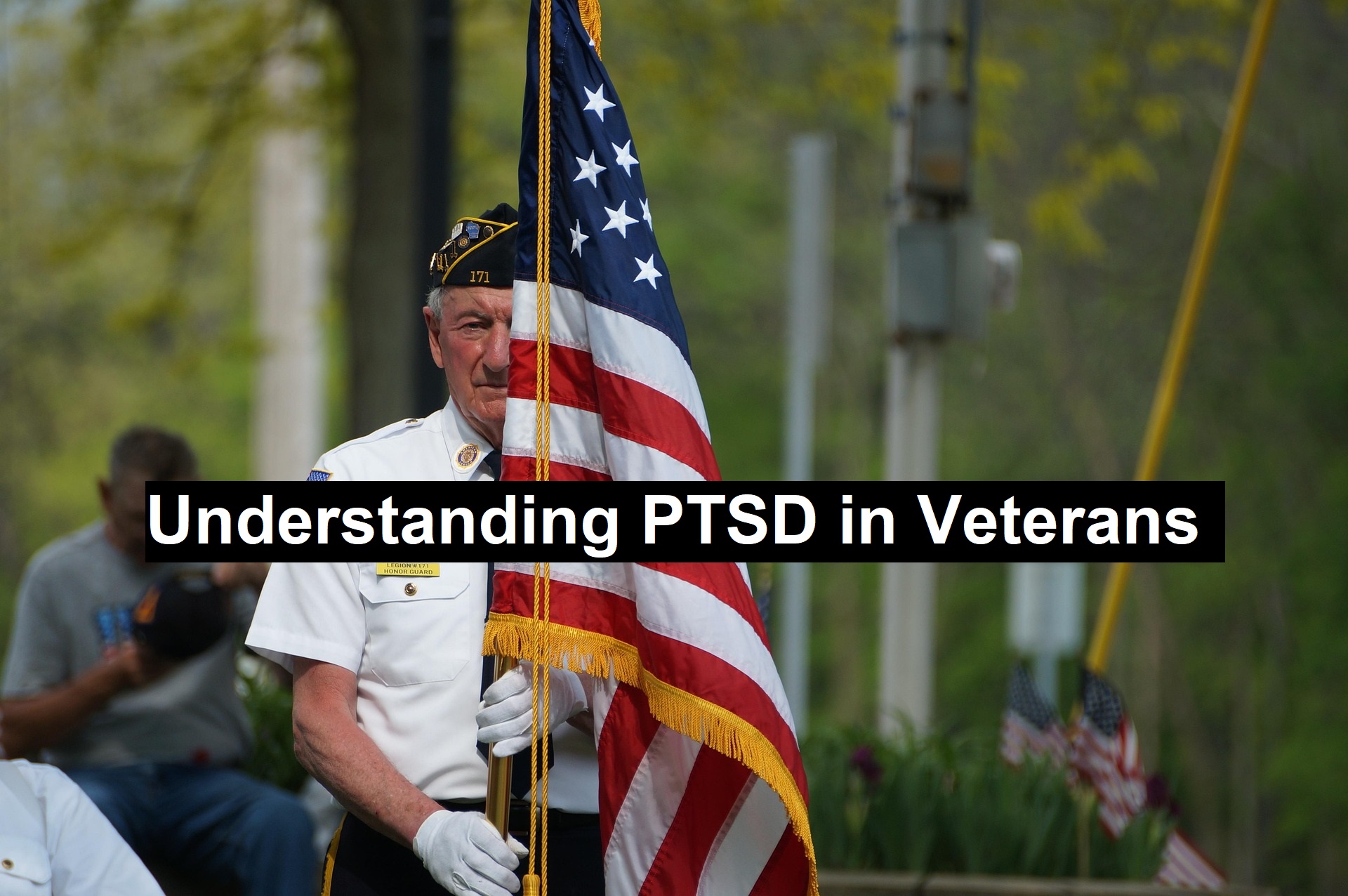Understanding PTSD in Veterans
Post-Traumatic Stress Disorder (PTSD) is a serious mental health condition that affects many military veterans. It is triggered by experiencing or witnessing traumatic events, such as combat, military accidents, or other life-threatening situations. While PTSD can impact anyone, veterans are particularly vulnerable due to the extreme conditions they face during service.
Symptoms of PTSD in veterans can vary but often include flashbacks, nightmares, severe anxiety, and emotional numbness. Many veterans also experience hypervigilance, irritability, and difficulty sleeping. These symptoms can significantly affect daily life, making it challenging to maintain relationships, hold jobs, or reintegrate into civilian life.
Read: The Hidden Impact of Clutter
One of the biggest barriers to treatment is the stigma surrounding mental health in military culture. Many veterans may feel pressure to suppress their emotions or believe that seeking help is a sign of weakness.
However, PTSD is a medical condition, not a personal failing, and effective treatments are available. Therapy, such as Cognitive Behavioral Therapy (CBT) and Eye Movement Desensitization and Reprocessing (EMDR), has been shown to help veterans process their trauma. Medication and peer support groups can also play an essential role in recovery.
Recognizing the signs of PTSD and encouraging open conversations about mental health can help veterans get the support they need. As a society, we must continue to advocate for accessible mental health services and foster an environment where veterans feel safe seeking help.
Infographic provided by Veteran Car Donations, a provider of Michigan car donations
No one should have to fight their battles alone—especially not those who have served their country.

